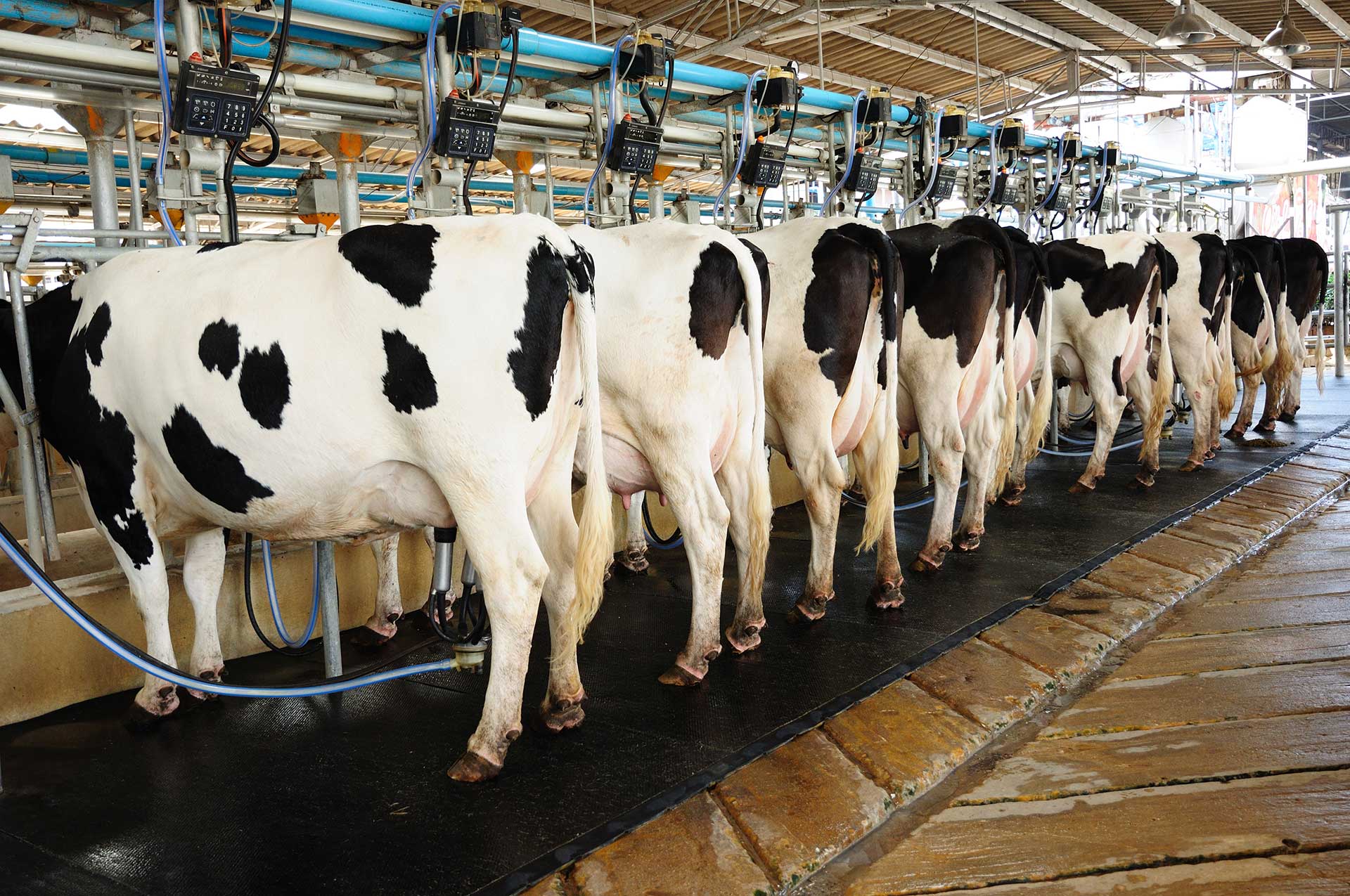Moisture Content Testing in Dairy Products
The moisture content of dairy products plays a critical role in ensuring product quality and shelf life. Excessive moisture can lead to microbial growth, spoilage, and changes in texture, while insufficient moisture may compromise the sensory qualities and nutritional value of the product. This service focuses on accurately measuring moisture content using validated methods that comply with international standards.
In the dairy industry, proper moisture control is essential for maintaining consistency, safety, and consumer satisfaction. Our laboratory uses advanced analytical techniques to provide precise moisture content measurements, which are crucial for quality assurance, regulatory compliance, and product development.
The testing process involves several steps, including sample preparation, drying, weighing, and calculation of the moisture percentage. Samples can be in various forms such as milk powder, cheese, yogurt, or butter. The choice of method depends on the type of dairy product and its expected moisture content range.
- For powdered products: We use a forced-air oven to dry samples at temperatures between 105°C to 120°C until constant weight is achieved. This ensures accurate measurement without affecting the chemical composition significantly.
- For solid dairy products like cheese or butter: Kjeldahl method and Karl Fischer titration are used, depending on the product type and moisture content expected.
The results of our testing are reported in accordance with ISO standards such as ISO 6865 for milk powder. These reports serve as valuable tools for quality control departments to monitor production processes closely and make necessary adjustments to maintain consistent quality.
Our team of experts ensures that all tests adhere strictly to international guidelines, providing reliable data that can be used in various contexts including research and development, supply chain management, and regulatory submissions. This service not only helps in maintaining high standards but also aids in identifying potential issues early on, ensuring products meet the highest quality benchmarks.
Applied Standards
In conducting moisture content tests for dairy products, we adhere to several international standards that ensure accuracy and consistency. These include:
- ISO 6865 - Milk powder: Determination of moisture by drying at 103 ± 2°C: This method is used when the expected moisture content of the sample is less than 4%. The process involves drying the sample in a forced-air oven set to 103 ± 2°C until it reaches constant weight.
- ASTM E96 - Standard Test Methods for Water (Moisture) Content of Materials by Direct Heating: This method is suitable for samples with higher moisture content. The sample is heated in a controlled environment to drive off the water, and the loss in weight is measured as moisture content.
- EN 15647 - Butter: Determination of Moisture Content: This standard specifies the procedure for determining the moisture content of butter using a forced-air oven. The sample is dried at 90 ± 2°C until constant weight is achieved.
The selection of appropriate methods ensures that our tests are reliable and repeatable, providing accurate moisture content data that can be trusted by stakeholders across different sectors including quality assurance teams in manufacturing plants and R&D departments looking to innovate within the dairy industry.
Why Choose This Test
Choosing moisture content testing for dairy products is essential for several reasons. Firstly, it helps in maintaining consistent product quality by ensuring that each batch meets specified standards. Secondly, accurate moisture levels are crucial for preventing spoilage and extending the shelf life of dairy products. Additionally, this test ensures compliance with food safety regulations set forth by various governmental bodies worldwide.
For R&D teams within the dairy sector, having precise moisture content data is vital when developing new products or improving existing ones. By understanding how different moisture levels affect texture, flavor, and overall sensory experience, developers can create better-tasting, more palatable products that meet consumer expectations.
In supply chain management, accurate moisture content testing allows for efficient inventory management by identifying any discrepancies early on in the production process. This proactive approach helps reduce waste and minimize costs associated with handling substandard materials or finished goods.
Furthermore, regulatory compliance is a key factor in choosing this service. Many countries have strict guidelines regarding the permissible limits of moisture content in dairy products to ensure they are safe for consumption. Adhering to these regulations not only protects public health but also builds consumer confidence and trust in the brand or product line.
Our laboratory offers comprehensive support throughout every stage of the testing process, from sample collection and preparation through analysis and reporting. By partnering with us, you gain access to experienced professionals who understand both the technical aspects of moisture content measurement as well as its broader implications for your business operations.





